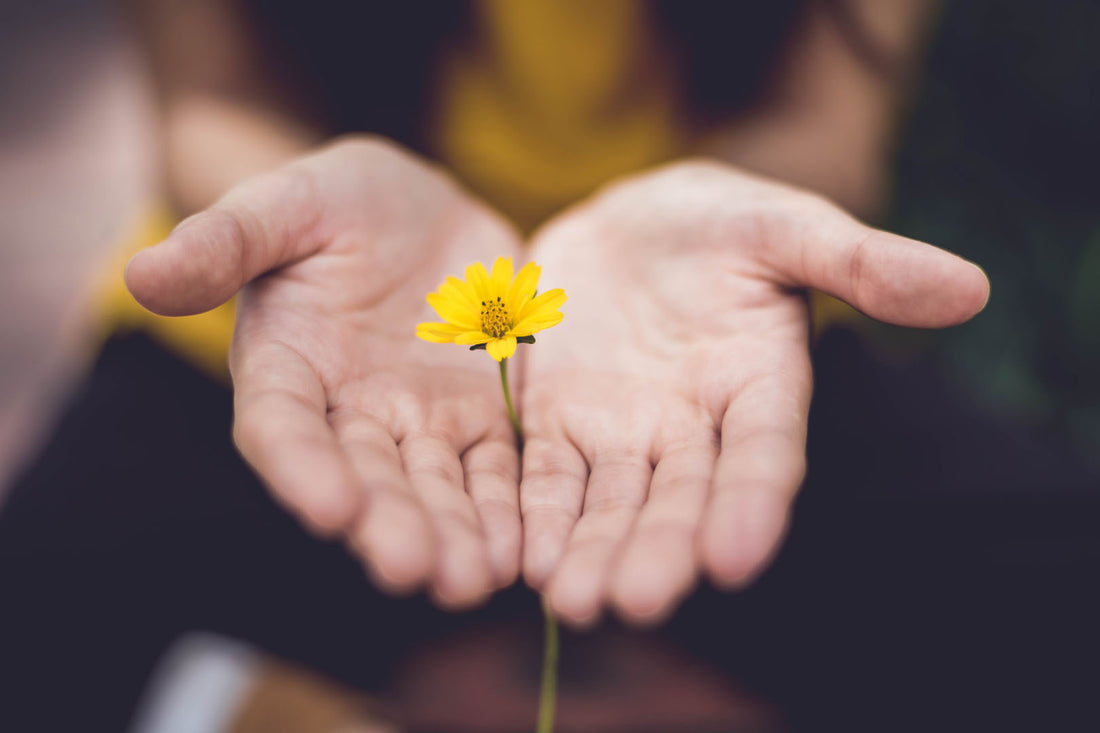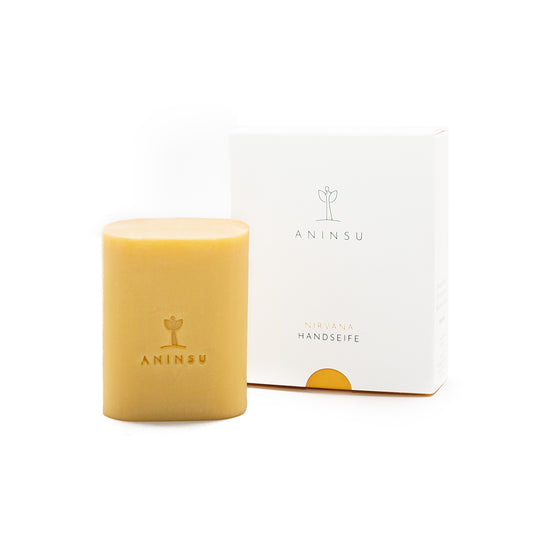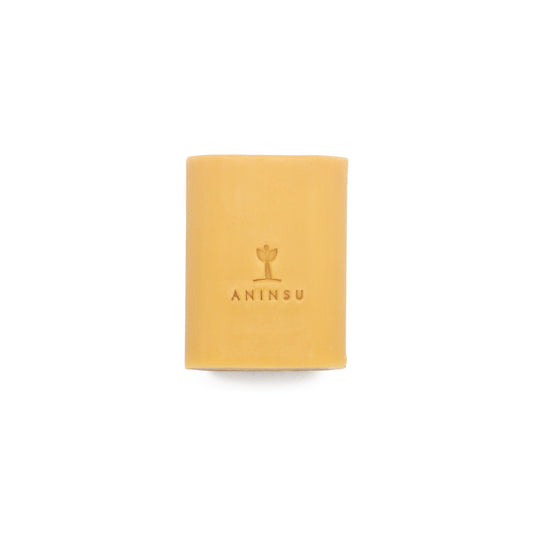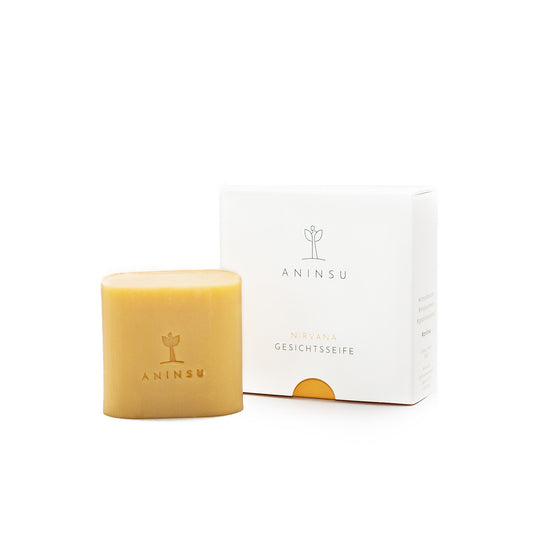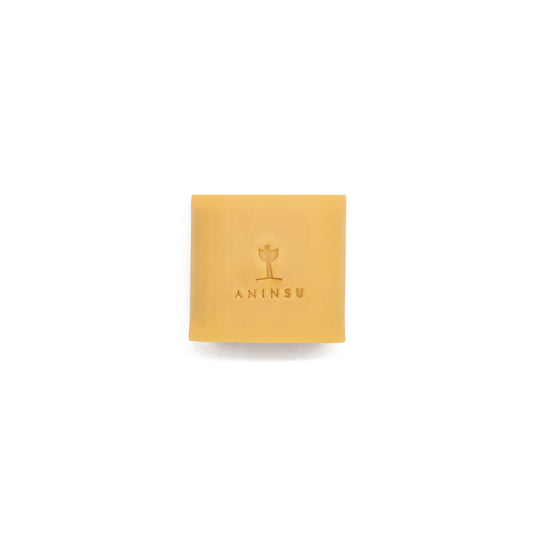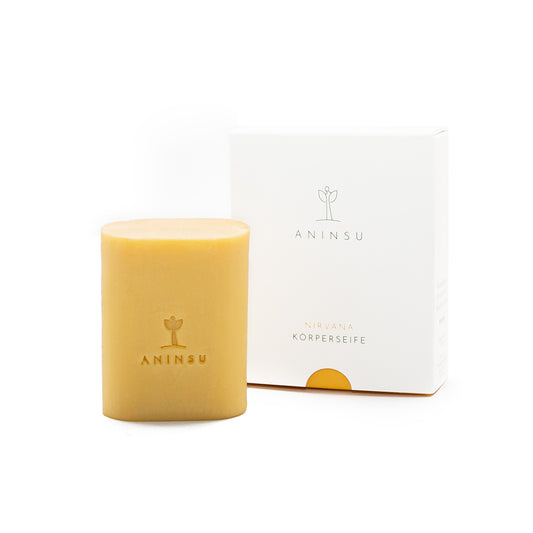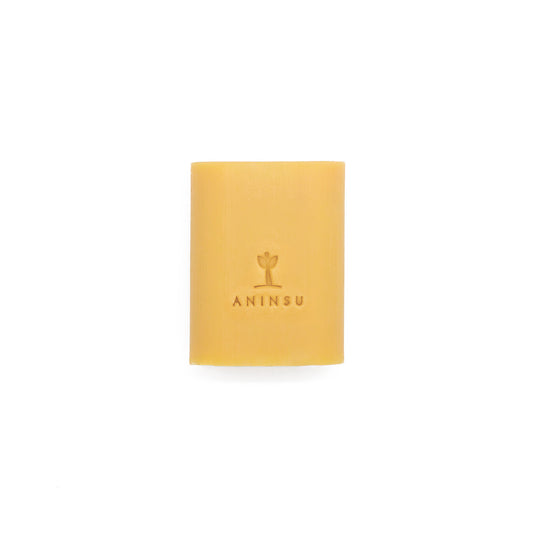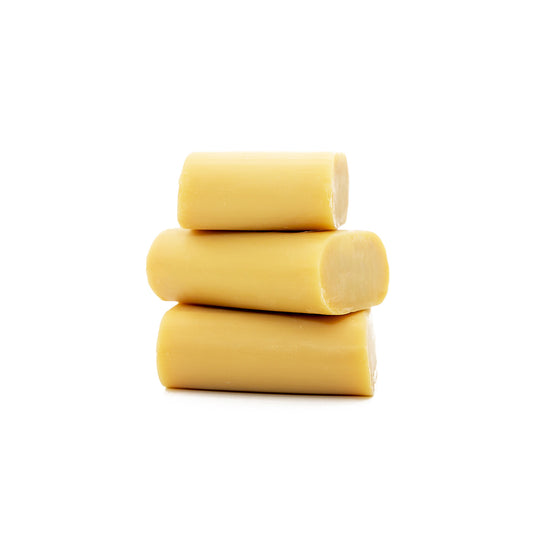At the latest during the Corona pandemic, we were confronted with the fact that there is a right way to wash hands. Most of us have probably stuck with something like "as long as possible and as thoroughly as possible". And if we're honest, that gives a lot of room for interpretation in everyday life, when it's usually supposed to go as quickly as possible. We often forget that washing hands is not only extremely important in times of a pandemic. In this post, we capture everything you need to know about washing our beloved hands.
The meaning and purpose of washing hands
Like any form of personal hygiene, hand washing comes with benefits. We should be very aware of this, because we wash our hands much more often than any other part of the body. The meaning of it all should come to mind immediately when you consider that our hands are the most common carriers of pathogens: washing can remove dirt, chemicals, other harmful substances, but also microorganisms such as bacteria and viruses from your hands, thereby reducing it the risk of diseases and risks that can be transmitted via this route is enormous. Provided you do it right.
Disadvantage of not washing hands
The disadvantages of not washing your hands are also pretty obvious: the less often you wash your hands, the higher the risk of infecting yourself with what you have "on hand". That may sound a bit banal at first, but it's often the little things in life that can make a huge difference. However, this is not a one-way street: it is possible that when you shake hands you can give someone else germs or take some with you. This means that poor hand hygiene can also endanger other people.
When to wash your hands
The rule of thumb is: always wash your hands if you have touched something or someone outside your own four walls or have carried out hygienically questionable activities. This is very rough, so here are some example situations:
- after coming home
- after visiting public places and transportation
- after visiting the toilet
- after changing babies or after helping to use the toilet
- after coughing, sneezing or blowing your nose
- after contact with waste
- after contact with animals, animal feed or animal waste
- before the meal
- before using medication or cosmetics
- before touching the face or individual parts of the face, e.g. B. before putting contact lenses in the eyes
- before, during and after cooking, especially when processing raw meat
- before, during and after visiting or caring for a sick person
- before, during and after treating wounds
- when your hands are visibly dirty
How exactly do you wash your hands properly?
Proper handwashing is fairly straightforward, and that's what often tempts us to shorten the process, which should be avoided if possible. That's how it works:
- Open or turn on the water tap. Hold hands under running water. Water temperature should be lukewarm and comfortable. Close or turn off the water tap.
- Repeatedly and thoroughly lather all parts of the hand: palms, backs of hands, fingertips, between the fingers, thumbs and fingernails.
- Open or turn on the water tap. Rinse hands thoroughly under running water. Close or turn off the tap, use a paper towel or your elbow in public toilets.
- Dry hands carefully, including between the fingers.
How thoroughly should you wash your hands?
As thoroughly as possible, of course. In this context, thoroughness means nothing more than carefully soaping up all the individual parts of the hand. It is mentioned so often on this topic because experience shows that many people only wash their hands with water or only quickly on the back and palms of the hands. This is not sufficient and does not offer optimal protection and unfortunately one cannot speak of very good cleaning.
How long does proper hand washing take?
All experts of any kind recommend at least 20 seconds, ideally 30 seconds. This information is no coincidence. That's how long it takes a person to thoroughly lather all parts of the hand.
How often should you wash your hands?
The question of how often you should wash your hands is actually not the right one. It's not about washing your hands a certain number of times each day, it's about washing your hands at the right moment. This means that "when" is more important than "how often". When good moments are, we answer in the corresponding list above.
Discipline in everyday life
Hand on heart, with all efforts there are moments when we just don't get to wash our hands. It's not pretty, but it's reality. It is all the more important to make sure that you do not touch your face and wash your hands as soon as the opportunity arises. However, discipline also means that you train yourself to remember to wash your hands regularly if you have not done so consciously before. Just remember that you can save yourself one or two colds this way.
Saving water when washing hands
In addition to saving on infectious diseases, you can and should always save water. A running faucet without using the water is not just money washed down, to say the least. It's just a basic, fairly unnecessary waste. Therefore, please always and without exception make sure that you only open or turn on the tap when you need water and close or turn it off again immediately after use. It doesn't hurt, it's just a question of discipline or conscious training, if you will. And it almost works wonders: if you follow this consistently, you can save several liters (!) of water per day without great effort. If only everything in life were that simple.
Myths about washing hands
- Improved health : Hand washing can protect against infectious diseases, but there is no scientific evidence that it also affects physical health in any way. When hearing other claims, please always ask for sources and evidence.
- Washing hands dries out your hands : This is not wrong, but it is not an inescapable situation either, especially since this is primarily the case when you overdo it with hand washing. Optimal hand care also includes a sensible hand cream, which not only provides the hands with moisture, but also contains caring substances to support the feeling of well-being.
Is disinfectant an alternative to washing hands?
This question cannot be answered with a general yes or no, because both processes serve different purposes, even if there are of course certain similarities. When it comes to rendering viruses and bacteria "harmless" then a disinfectant can be an alternative, especially in places where it is not easy to wash hands, e.g. B. in many shops or in a hospital. The advantage is that you don't have to dry your hands. However, disinfectants do what the name suggests: they disinfect. This is not the same as cleaning. A soap can do this much better and washing your hands has the advantage that viruses and bacteria are rinsed off your hands. It can be said that, depending on the situation, disinfectants can be absolutely useful. However, it does not replace hand washing and vice versa.
Which hand soap is the best?
We have a separate blog article on this that we recommend: What makes a good hand soap?
Don't forget hand care
As mentioned above, hand care is an absolute must. Frequent contact with water alone can damage the skin. Of course, our hands are robust, but they are also happy to be stroked, especially in combination with a rich, nourishing and ideally moisturizing hand cream. Tip: There are now also solid hand creams, so you can save water here too.
Enlightenment
As with many everyday topics, many usually assume that everyone knows. This is a fallacy. Just because a topic comes up regularly doesn't make you an expert. It is important that we keep reminding others and ourselves of the little things. It doesn't have to be overwhelming at all. For example, there are free posters and other materials for schools at the Federal Center for Health Education that can be placed in the appropriate place. For the job, there are similar PDF downloads that can be printed out at many places on the Internet, for example at the trade association for the construction industry . But even with a simple Google search, you can find many materials online that you can use for educational purposes.
Especially with regard to children, the topic of hygiene is one that requires a lot of attention and age-appropriate education. You should absolutely not rely on public institutions alone for this, it should always be an issue in the parental home as well, after all it contributes to the health of the child. And here, too, there is a wide range of supporting materials from books, toys and educational films.
Special tip
Are you wondering if you wash your hands properly and catch every part of it? Or would you like to show your children how and which hand parts they can wash better? There is a learning soap that turns yellow when used, so you can see very clearly which parts of the hand you need to work on more thoroughly. The color can of course be completely rinsed off. The only downer: it is a liquid soap. You can find them here at Goldeimer .


